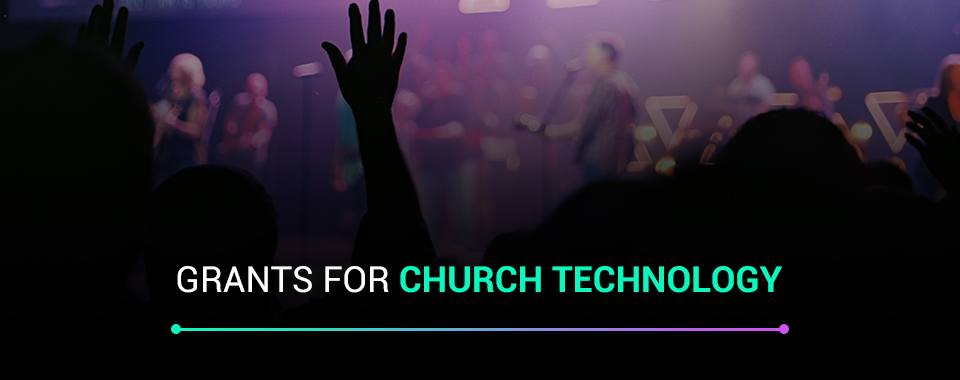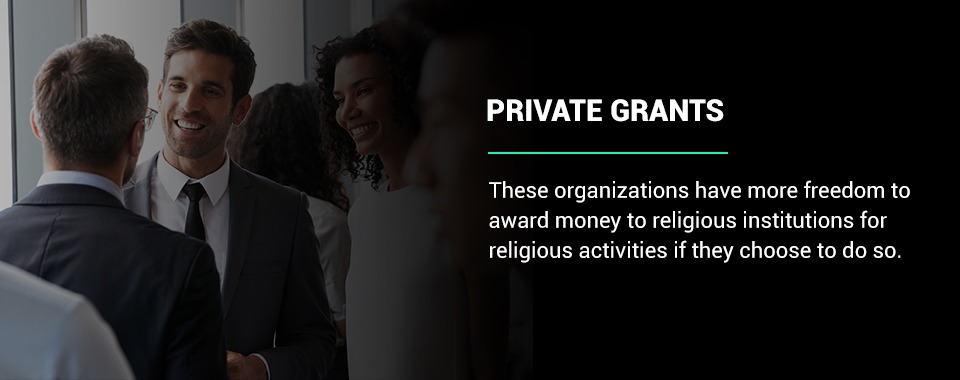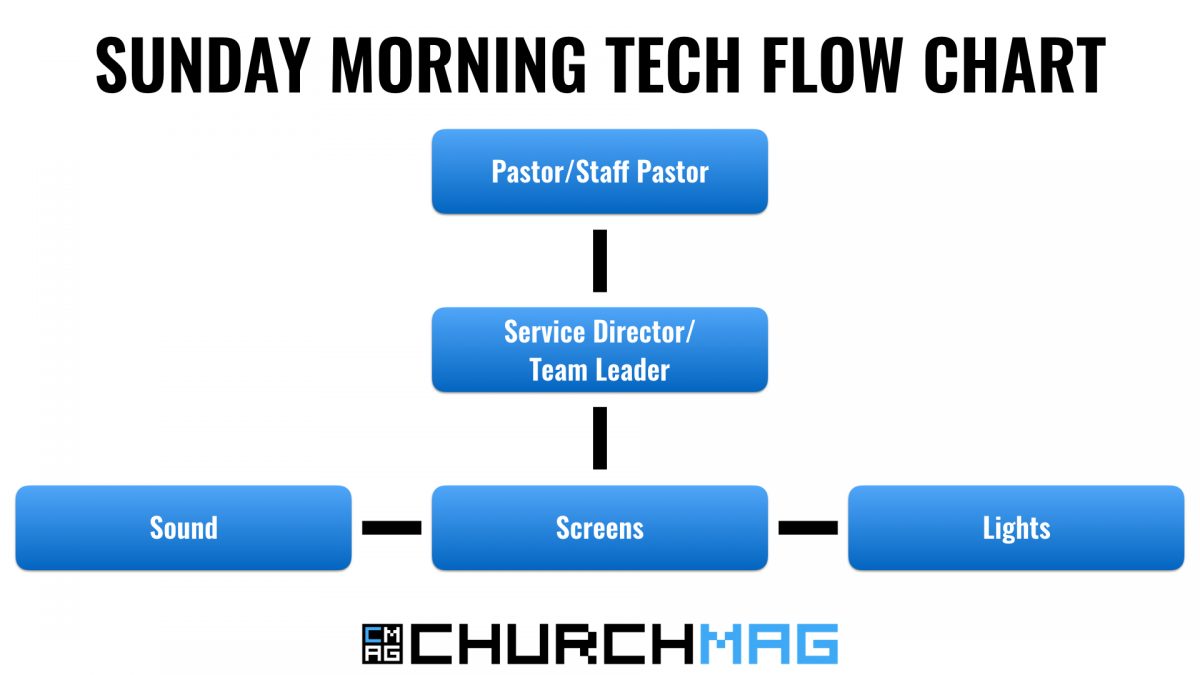Church Technology Grants: Funding Your Ministrys Digital Growth
Church technology grants offer a lifeline for churches seeking to enhance their ministries through innovative technology. These grants, provided by various organizations and foundations, recognize the vital role technology plays […]

Church technology grants offer a lifeline for churches seeking to enhance their ministries through innovative technology. These grants, provided by various organizations and foundations, recognize the vital role technology plays in reaching wider audiences, fostering deeper connections, and streamlining administrative processes. From upgrading audio-visual equipment to implementing online platforms for outreach and engagement, church technology grants empower congregations to leverage the power of technology for a more impactful and fulfilling ministry.
Understanding the eligibility criteria, application procedures, and available funding sources is crucial for churches looking to secure these valuable grants. A thorough technology needs assessment helps identify areas where technology can make the biggest difference, aligning with the church’s mission and goals. By carefully crafting compelling grant proposals that highlight the church’s needs and impact, congregations can increase their chances of securing funding for their technology projects.
Grant Funding Sources: Church Technology Grants

Securing funding for church technology initiatives can be a significant challenge, but several organizations, foundations, and government programs offer grants specifically designed to support such projects. These grants can help churches acquire new equipment, upgrade existing systems, or implement innovative technology solutions.
Private Organizations and Foundations
Numerous private organizations and foundations dedicate their resources to supporting faith-based initiatives, including church technology projects. These organizations often have specific focus areas, such as youth ministry, community outreach, or church planting.
- The Lilly Endowment: This foundation supports projects that strengthen the religious life of American Christianity. Their grants often focus on initiatives that enhance religious education, promote interfaith dialogue, or support community engagement.
- The John Templeton Foundation: This foundation supports research and initiatives that explore the big questions about the universe and humanity’s place within it. They have funded projects related to the intersection of science and religion, the nature of consciousness, and the development of new technologies for spiritual exploration.
- The Pew Charitable Trusts: This foundation focuses on improving public policy, advancing human health, and strengthening communities. They have funded projects that address issues related to religious freedom, interfaith relations, and the role of faith in public life.
Government Programs
The government also offers a variety of grant programs that can support church technology projects, although these programs often have specific eligibility requirements and funding priorities.
- The Community Development Block Grant (CDBG) Program: This program provides funding to local governments for a variety of community development projects, including those that benefit faith-based organizations. Churches can apply for CDBG funding to support projects that improve infrastructure, provide social services, or enhance community facilities.
- The Rural Development Program: This program provides funding for projects that promote economic development and improve the quality of life in rural communities. Churches in rural areas can apply for funding to support projects that enhance their technology infrastructure, expand their outreach programs, or provide job training opportunities.
- The Emergency Management Performance Grant (EMPG) Program: This program provides funding to state and local governments to enhance their emergency preparedness and response capabilities. Churches can apply for EMPG funding to support projects that improve their communication systems, provide emergency shelters, or enhance their ability to respond to disasters.
Technology Implementation and Sustainability

Successfully implementing technology solutions in a church setting requires careful planning, effective execution, and a commitment to long-term sustainability. This section will explore best practices for implementation and strategies to ensure technology projects remain beneficial for years to come.
Best Practices for Implementing Technology Solutions
Implementing technology solutions in a church setting requires a strategic approach that considers the specific needs of the congregation and the long-term sustainability of the project. This section will Artikel some key best practices to guide the implementation process.
- Define Clear Goals and Objectives: Before embarking on any technology project, it is crucial to clearly define the goals and objectives. What specific problems are you trying to solve? What are the desired outcomes? This clarity will help guide decision-making throughout the implementation process.
- Conduct a Needs Assessment: A thorough needs assessment is essential to identify the specific technology requirements of the church. Consider factors such as the size of the congregation, the types of activities conducted, and the existing technology infrastructure.
- Choose the Right Technology: The chosen technology should align with the identified needs and goals. Consider factors such as user-friendliness, compatibility with existing systems, and cost.
- Develop a Comprehensive Implementation Plan: A well-defined implementation plan Artikels the steps involved, timelines, responsibilities, and resources required. This plan helps ensure a smooth and efficient implementation process.
- Provide Adequate Training and Support: Technology adoption is most successful when users are properly trained and supported. Offer training sessions, documentation, and ongoing support to ensure that staff and volunteers can effectively utilize the new technology.
Strategies for Ensuring Long-Term Sustainability
Technology projects require ongoing attention to ensure their long-term sustainability. This section will discuss strategies to maintain the effectiveness and value of technology investments.
- Establish a Technology Committee: A dedicated technology committee can oversee the ongoing management and maintenance of technology systems. This committee can monitor usage, identify potential issues, and make recommendations for upgrades or replacements.
- Develop a Technology Budget: Allocate sufficient funds for technology maintenance, upgrades, and support. This includes budgeting for software licenses, hardware repairs, and ongoing training.
- Prioritize Cybersecurity: Implement robust cybersecurity measures to protect sensitive data and ensure the security of technology systems. This includes using strong passwords, regularly updating software, and implementing firewalls.
- Foster a Culture of Technology Adoption: Encourage staff and volunteers to embrace technology and use it effectively. This can be achieved through ongoing training, communication, and recognition of successful technology integration.
Importance of Ongoing Training and Support
Ongoing training and support are critical for the success of technology projects. This section will highlight the importance of these elements.
“Training and support are not just one-time events, but rather an ongoing process that helps users stay up-to-date and confident in their technology skills.”
- Increased User Proficiency: Regular training sessions and ongoing support help users develop proficiency in using the technology effectively. This reduces errors, improves efficiency, and maximizes the benefits of technology investments.
- Reduced Technology-Related Issues: Providing ongoing support helps address user issues promptly and prevents minor problems from escalating into major disruptions.
- Enhanced User Satisfaction: When users feel confident and supported in using technology, they are more likely to embrace it and reap its benefits. This leads to increased user satisfaction and a more positive overall experience.
- Improved Technology Adoption: Continuous training and support foster a culture of technology adoption within the church. This encourages staff and volunteers to embrace new technologies and integrate them seamlessly into their workflows.
Resources and Support
Securing funding for church technology can be a daunting task. Thankfully, several resources and support systems are available to assist churches in their pursuit of technology grants.
Valuable Resources, Church technology grants
This section Artikels valuable resources, including websites, organizations, and publications, that can guide churches in their grant-seeking endeavors.
- GrantWatch: This website provides a comprehensive database of grant opportunities, including those specifically for churches and religious organizations. GrantWatch offers search filters based on location, funding amount, and focus area, making it easier to find relevant grants.
- Foundation Center: This non-profit organization offers a wealth of information on grantmakers, including their funding priorities, application deadlines, and contact information. Foundation Center also provides resources on grant writing and proposal development.
- GuideStar: This website provides information on non-profit organizations, including their financial statements, program activities, and board members. GuideStar can be useful for identifying potential grantmakers who support similar initiatives.
- TechSoup: This organization provides discounted technology products and services to non-profit organizations, including churches. TechSoup also offers grant writing resources and training.
- FaithTech: This website offers articles, resources, and events related to technology in the faith community. FaithTech provides insights on technology trends, best practices, and funding opportunities.
Technology Consulting Services
Churches seeking technology grants often benefit from the expertise of technology consulting services. These services can assist churches with various aspects of the grant application process, including:
- Needs Assessment: Technology consultants can help churches identify their technology needs and develop a comprehensive technology plan.
- Grant Writing: Consultants can assist churches in crafting compelling grant proposals that effectively communicate their needs and demonstrate the impact of the project.
- Project Implementation: Consultants can guide churches in implementing their technology projects, ensuring successful integration and ongoing support.
Building Relationships with Grant Providers
Establishing strong relationships with grant providers is crucial for securing funding. Churches can build relationships by:
- Attending Grantmaker Events: Many grantmakers host workshops, conferences, and networking events. Attending these events provides an opportunity to learn about funding priorities, connect with grantmakers, and showcase your church’s work.
- Reaching Out to Grantmakers: Don’t be afraid to contact grantmakers directly to inquire about their funding priorities and discuss your project.
- Following Grantmakers on Social Media: Staying informed about grantmakers’ activities and initiatives can help you identify potential funding opportunities.
Conclusion
Church technology grants are a powerful tool for churches seeking to embrace the digital landscape and amplify their ministry’s reach. By understanding the grant landscape, conducting thorough needs assessments, and crafting compelling proposals, churches can unlock valuable resources to enhance their technological infrastructure and empower their mission. The stories of churches that have successfully leveraged technology grants demonstrate the transformative impact these grants can have on ministry, connecting communities, and enriching the lives of countless individuals.
Church technology grants can be a valuable resource for updating equipment and enhancing the worship experience. One area to consider is upgrading your heating and cooling system with a climate technology thermostat to create a more comfortable environment for parishioners and reduce energy costs.
This investment can also contribute to a more sustainable and environmentally friendly church, aligning with many congregations’ values.






